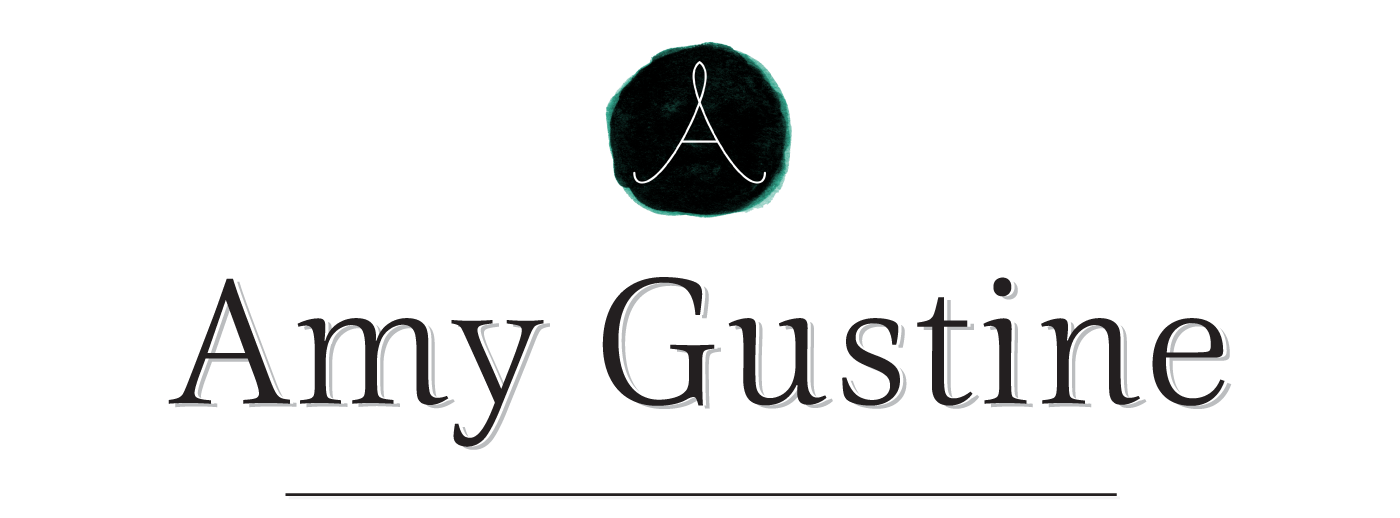“There’s no justice in it, but there’s no evil in it either.” Judith offers this observation of how the world works, and it perfectly captures the virtues of this brief, wonderful novel about Sepha, an Ethiopian immigrant shopkeeper in Washington D.C, and a white American woman who moves in down the block. At once simple and complex, heartbreaking and uplifting, the novel tells a story of race, immigration, the American dream, poverty, education, class, and personal responsibility through the lens of one neighborhood’s gentrification, Sepha’s friendship with Joseph and Kenneth (immigrants from Congo and Kenya respectively) and Sepha and Judith’s brief romance.
A wonderful example of the “time-braid” novel in first person, Mengestu takes us through the months Sepha spent with Judith and her daughter alternating in chapters with a day in the present, when Sepha receives an eviction notice. A rare subtlety, nuance and generosity distinguishes this novel’s spirit while the plot and characters perfectly balance social forces against personal circumstances and psychologies. Nothing is over-simplified, nothing over-stated. All of the characters are both capable of improving their lives and not, victims of the world’s prejudices and inequalities, as well as plain bad luck and their own self-defeating attitudes. Truth lies in these complexities and the novel is one of the best ways of finding it.
